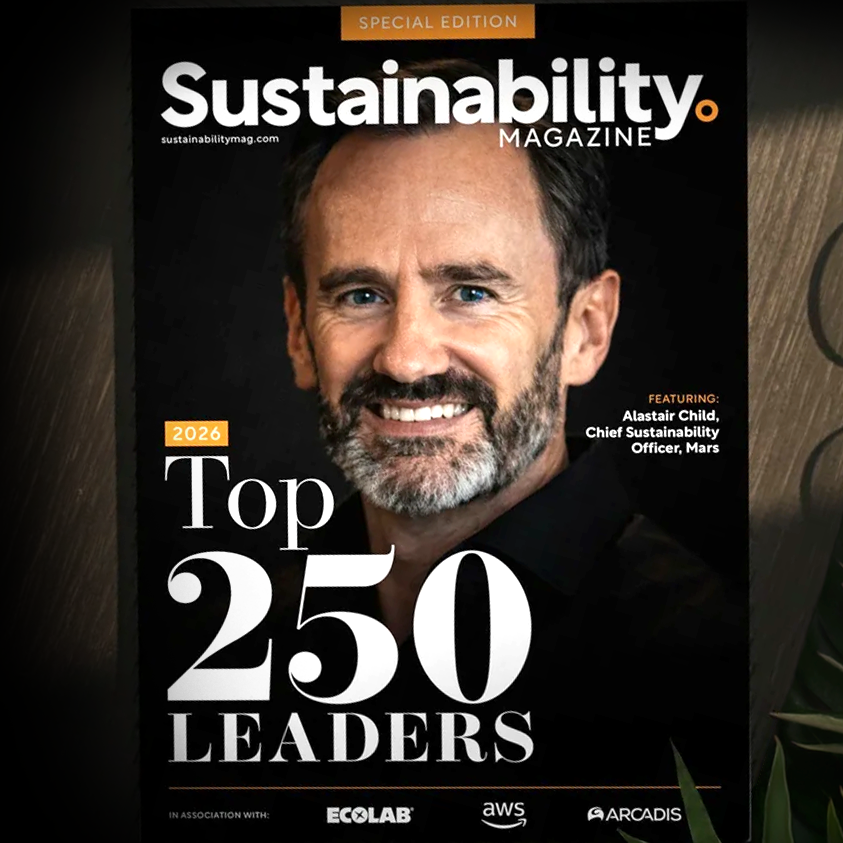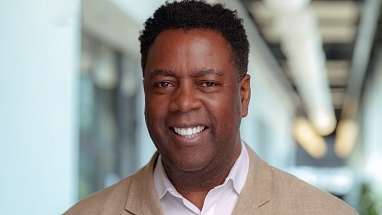At Mars, we are committed to creating a more modern, inclusive and sustainable cocoa supply chain for the next generations. But today’s supply chain is not in line with our ambition that everyone — especially cocoa farmers — should have the opportunity to thrive.
Boosting the income of cocoa farmers while supporting the responsible sourcing of cocoa is key to a thriving cocoa sector. To achieve our aim of 100% of our cocoa being responsibly sourced and traceable to the first point of purchase by 2025, the most vulnerable people in our supply chain must be rewarded fairly. There is no single answer to closing the living income gap for cocoa farmers. Simply paying more is only part of the solution. We, along with other cocoa stakeholders, must tackle some of the systemic issues blocking the ability to build sustainable supply chains.
Mars employs a multi-faceted, holistic approach to help close living income gaps for cocoa farmers as part of its Cocoa for Generations strategy(Opens a new window). Farmer income is made up of revenue and costs, affected by a range of factors from price and yield (which can be affected by soil fertility, weather, and plant varieties, for example), to costs such as transportation, storage, fertilizer, and interest rates on loans. To develop long-term solutions, a range of levers needs to be adopted to address the many factors that impact farmer income.
This requires collaborative system-level change – creating an enabling environment: Transforming the way we, as well as our suppliers, who buy from farmers, and the other actors in our supply chains operate. Each actor must shift the levers they can best affect.
In line with our Theory of Change(Opens a new window), we seek ways to partner with the governments of cocoa-producing countries to help design new economic instruments in a shared, system-level effort. As part of this undertaking, we support the Living Income Differential (LID) of $400 per metric ton announced by the governments of Côte d’Ivoire and Ghana in July 2019 to help improve farmers’ income, and in doing so bring our direct suppliers with us.
Mars was the first company in our sector to publicly voice this support. However, prices alone do not transition farmers into a more sustainable income situation(Opens a new window). While they may patch up short-term earnings shortfalls and do have a role to play, they do not offset fundamental market volatilities and continue to keep farmers exposed to boom-and-bust cycles. The basic realities of markets and economic principles, such as unintended incentives for smallholder farmers, cannot be ignored.
We are grateful to the Côte d’Ivoire – Ghana Cocoa Initiative for recently gathering the cocoa sector and hosting important talks on sustainable cocoa and living income. Mars shares the belief that continuing these talks has the potential for important social and environmental change as we work to transform the cocoa supply chain.
We are fully committed to working tirelessly to do our part to help address the issue of poverty in cocoa supply chains and clear-eyed about the challenges and opportunities the cocoa sector has and will continue to encounter along the way. We will continue to engage in existing international initiatives on livelihoods, including CIGCI and the EU Sustainable Cocoa Alliance.
To successfully improve livelihoods, collaboration between all actors(Opens a new window) in the cocoa supply chain including government and business is critical. All have roles to play in catalyzing and advancing smallholder based agricultural transformation.
For the latest updates on our progress to create a more inclusive, modern and sustainable cocoa supply chain that benefits both people and the planet, we invite you to read our 2021 Cocoa for Generations report(Opens a new window).












